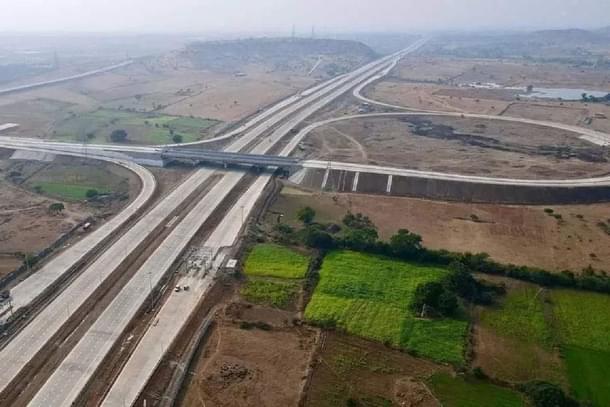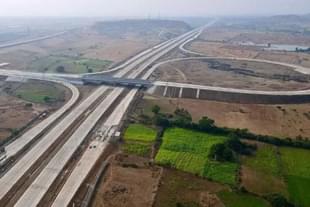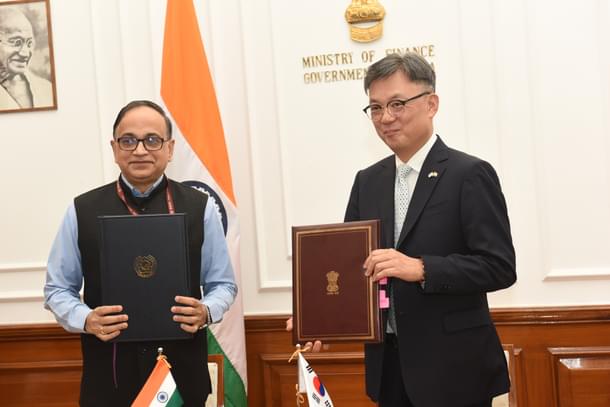Infrastructure
South Korea Extends Rs 1,500 Crore Loan For Intelligent Transport System On Mumbai - Nagpur Expressway
India Infrahub
Dec 01, 2022, 11:57 AM | Updated 03:16 PM IST
Save & read from anywhere!
Bookmark stories for easy access on any device or the Swarajya app.


India and South Korea signed on wednesday (30 November) signed the agreement for Rs 1,495 crore loan from the Republic of Korea’s Economic Development Cooperation Fund (EDCF) for establishing Intelligent Transport System (ITS) on Nagpur - Mumbai Expressway.
This is the first project funded by an EDCF loan by the Government of South Korea.
Republic of Korea was designated as India’s Official Development Assistance (ODA) partner for development cooperation in October, 2016.

The project’s objectives are:
To enhance the efficiency in traffic management through establishment of the Intelligent Traffic Management System (ITMS) and traffic centre,
To improve the efficiency in toll management through the establishment of the Toll Collection System (TCS) and,
To establish a sustainable model of ITS and its maintenance through transfer of technology from South Korea.
Improving the safety of motorists and aiding in the prevention of accidents, the Korean ITS technology performs vehicle detection, traffic violation control, and surveillance.
More features of ITS include video incident detection, visual messaging service, drone-based surveillance of the route, lane control systems, tunnel management system, weigh in motion, speed and lane enforcement.
As part of this project, a tunnel traffic management centre will be set up for tunnels that will automatically close the entrance in case of a serious accident.
Vehicles approaching the tunnel will be informed that the tunnel has been closed by an automated system while they are at a distance.
The eight lane and 701-km long Mumbai-Nagpur Expressway connects ten districts (Nagpur, Wardha, Amravati, Washim, Buldhana, Jalna, Aurangabad, Nashik, Ahmednagar and Thane), 26 talukas, and 392 villages of the state.
When fully operational, the expressway will reduce the travel time between Nagpur and Mumbai by half, from 16 to eight hours.
The government has said vehicles can ply at 100 to 120 km per hour on the expressway. They have also listed speed limitations according to the type of vehicle.





